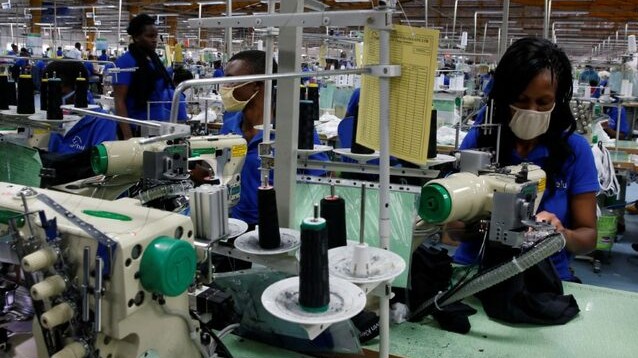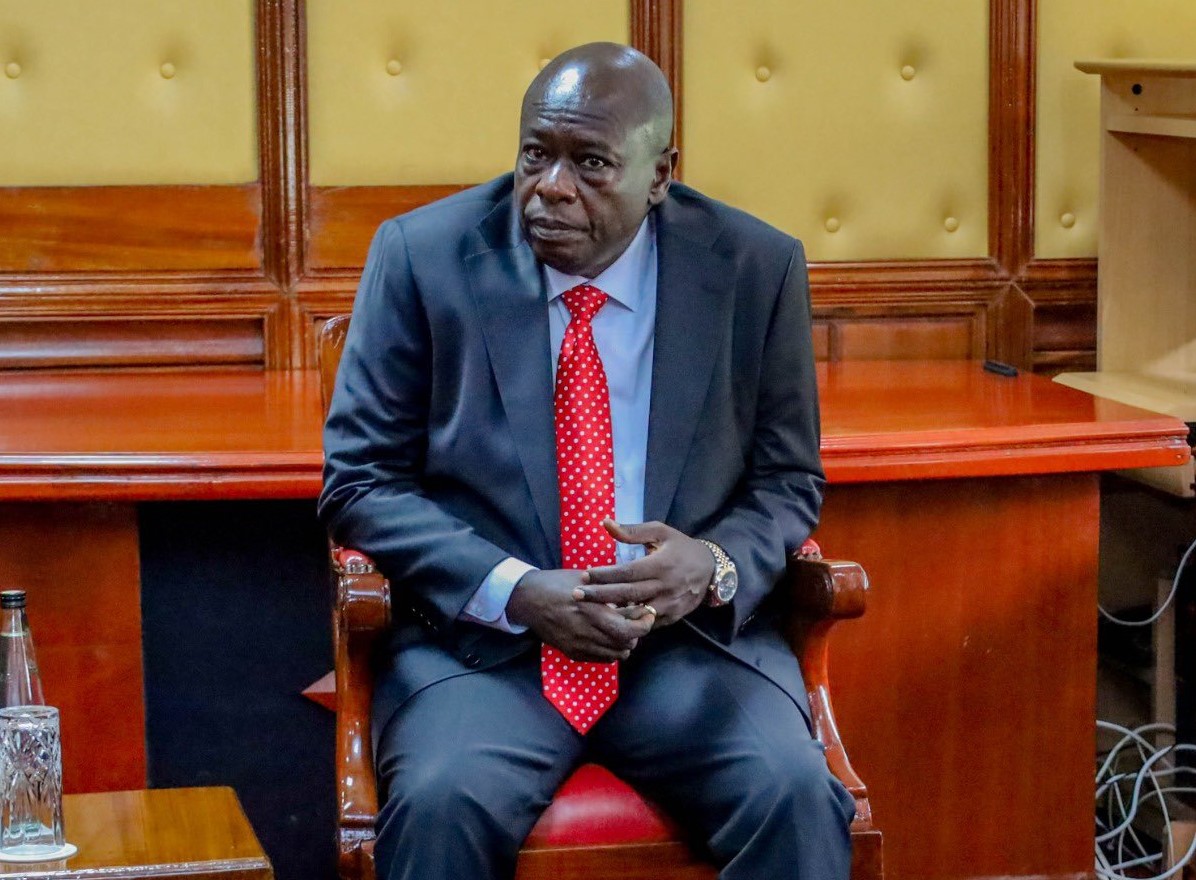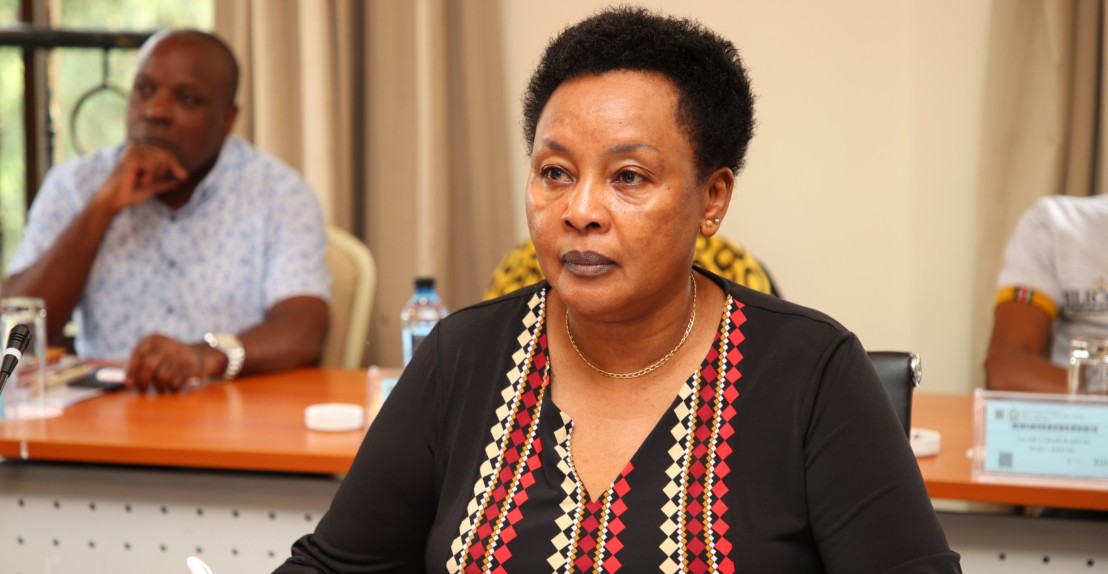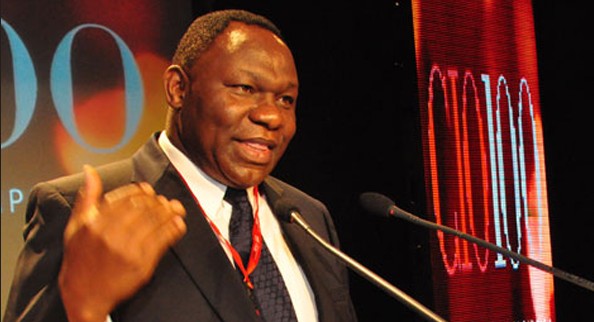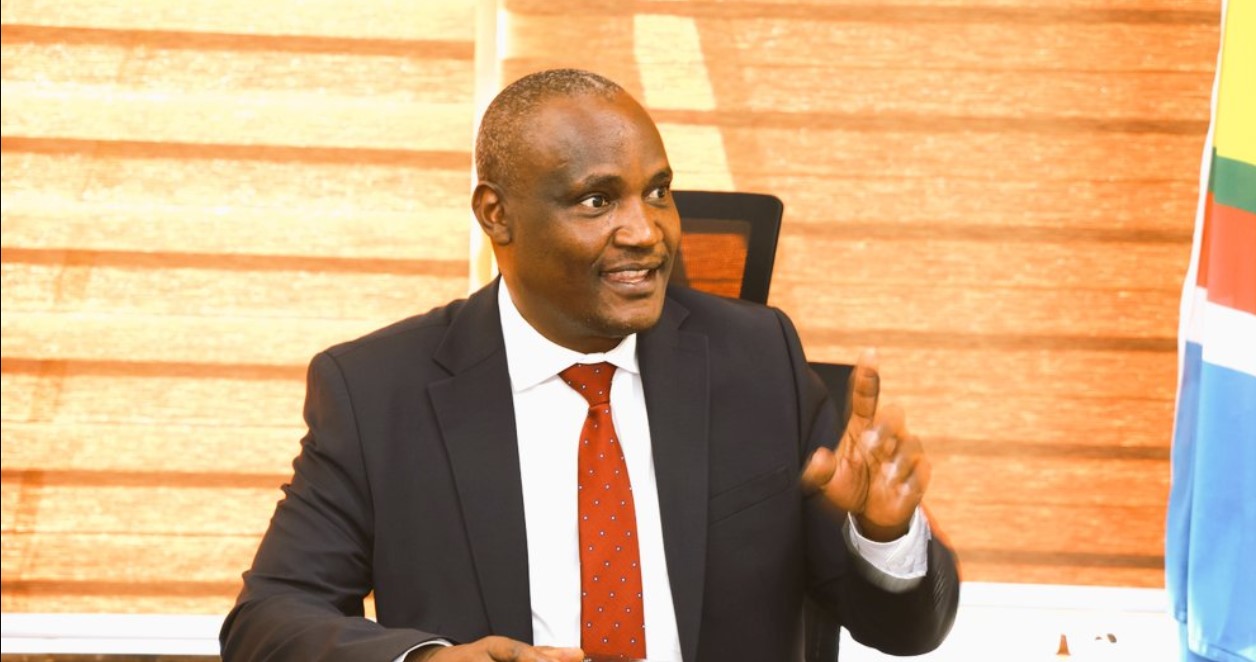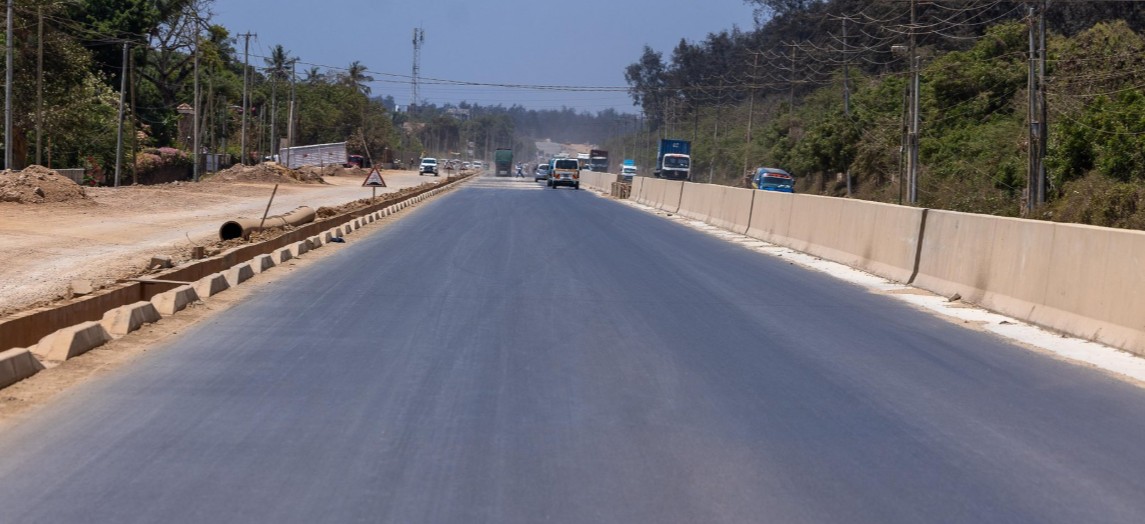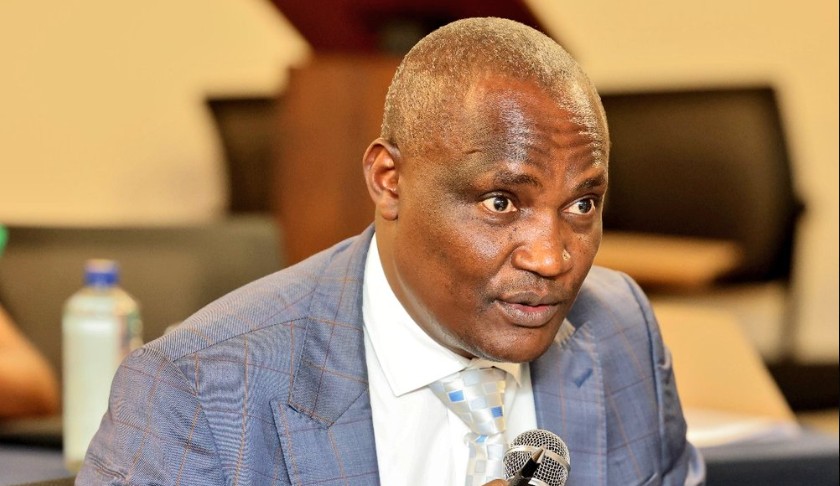Kenya’s health budget to rise by Sh14bn as govt boosts access and infrastructure

This marks a 13.5 per cent increase from the Sh107.52 billion allocated in the 2023/24 financial year.
Health spending in Kenya will rise by more than Sh14 billion in the next financial year, reaching Sh121.97 billion, as the government boosts both operational and infrastructure investments in the sector, according to the Economic Survey 2025 by the Kenya National Bureau of Statistics (KNBS).
This marks a 13.5 per cent increase from the Sh107.52 billion allocated in the 2023/24 financial year.
More To Read
- Explainer: Who are the striking UHC workers, and why are they protesting?
- UHC medics reject Health CS Duale’s directive on payroll transfer to counties, demand permanent terms
- Why patients' voices must be at the forefront of driving Kenya's healthcare reforms
- UHC workers protest in Nairobi over unmet promises, harassment
- Anguish for patients as healthcare delivery plagued by delays, mismanagement across counties
- Ministry of Health, Council of Governors to fast-track delivery of digital health devices
KNBS attributes the rise to increased allocations in both recurrent and development expenditure, signalling the government’s continued commitment to improving access, equity and the quality of healthcare, especially for low-income households who rely heavily on public health services.
Recurrent expenditure, which covers the day-to-day running costs of the health system, such as health worker salaries, medicines, equipment, and the operations of hospitals and clinics, is expected to grow from Sh59.58 billion in 2023/24 to Sh62.96 billion in 2024/25.
On the other hand, development expenditure, which supports long-term investments including the construction of hospitals, expansion of health programmes, and acquisition of critical medical infrastructure, is set to rise to Sh59.01 billion, up from Sh47.93 billion in the previous financial year.
“In the financial year 2024/25, national government expenditure on health services is expected to increase by 13.4 per cent to Sh122 billion, with recurrent expenditure on health accounting for 51.6 per cent or Sh63 billion. Over the same period, recurrent and development expenditure on health services are expected to increase by 5.7 per cent and 23.1 per cent respectively,” reads the report.
KNBS further indicated that recurrent expenditure on public health services is projected to increase from Sh16.1 billion in 2023/24 to Sh20.78 billion in 2024/25, highlighting the growing operational demands on the public health system.
Development spending in the health sector is also expected to nearly double to Sh44.7 billion, with the additional funds targeted at key areas such as immunisation programmes, disease surveillance, health promotion and environmental health services.
Outpatient services, an area traditionally underfunded, are set to benefit significantly from this budget. The report notes that recurrent expenditure for outpatient care is projected to rise almost fivefold to Sh1.95 billion, while development expenditure is set to jump from Sh2.97 billion to Sh8.57 billion.
The shift reflects a deliberate move towards decentralised care, aimed at reducing the strain on overcrowded referral hospitals and bringing health services closer to communities.
Despite the notable increase in spending, the health budget still represents only about three per cent of the total national budget.
This remains far below the 15 per cent commitment under the Abuja Declaration of 2001, in which African Union member states pledged to allocate at least that share of their national budgets to health.
Top Stories Today

